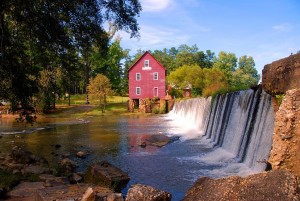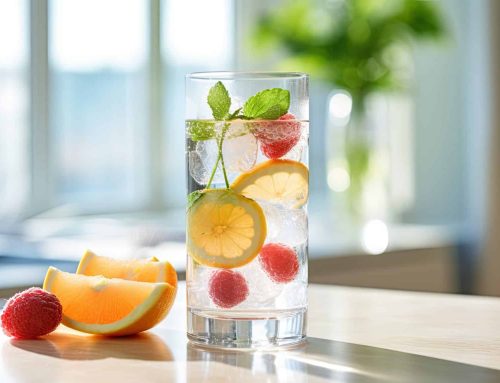 Water is something that most of us generally take for granted; we open a tap and there it is. We drink it, bathe ourselves in it, wash our clothes, laundry and dishes in it, we play in it, use it to water our gardens, and utilise it for a myriad of other uses too.
Water is something that most of us generally take for granted; we open a tap and there it is. We drink it, bathe ourselves in it, wash our clothes, laundry and dishes in it, we play in it, use it to water our gardens, and utilise it for a myriad of other uses too.
The truth is that insignificant little old water is the most precious commodity on earth; more valuable than gold, platinum or diamonds. We cannot survive without water; it is in us and all around us and without water the earth would be just another piece of rock floating out in space, incapable of sustaining life.
Water is also known as the universal solvent because substances such as salt and sugar can dissolve in it. Substances that dissolve in water are hydrophilic (they are either as strong as or stronger than water’s cohesive forces); substances that do not dissolve in water, like oil, are hydrophobic.
Most water contains dissolved minerals, the presence or lack of which is what makes soft water and hard water. Hard water is so-called because it contains a lot of magnesium and calcium, and possibly also heavy metals, which is why soap will not lather in it. Hard water can cause lime scale deposits in pipes, toilets and water heaters, but is not dangerous if imbibed.
Water possesses the unique properties of cohesion (the ease with which water so easily sticks to itself) and adhesion (what makes water stick to surfaces such as glass when the adhesive forces are stronger than the cohesive forces, making water spread out and cling to a surface in a thin film.)
The high level of surface tension in water is as a result of molecules on the surface of the water not being surrounded by similar molecules on all sides, which causes them to be pulled by cohesion from molecules deep inside the water. While these molecules stick to each other, they do not adhere to other surfaces easily, which is why water makes beads on waxy surfaces such as leaves or a waxed car.
Plants suck up water due to surface tension, then stick to the plant’s tubes and surface tension makes it move up the stem as water seeks to cohere to itself again. Once sufficient water builds up, gravity pulls it back down again. Hydrogen bonds cause water to float in its solid form and are linked to its thermal properties that are a major part of climate conditions on earth.
At the end of the day, we cannot survive without water as it also makes up around 70% of our body and without it we cannot survive, so save water where you can and treat it as the magnificent substance it is.
Purchase water cooler and hire water cooler from Living-Water.





